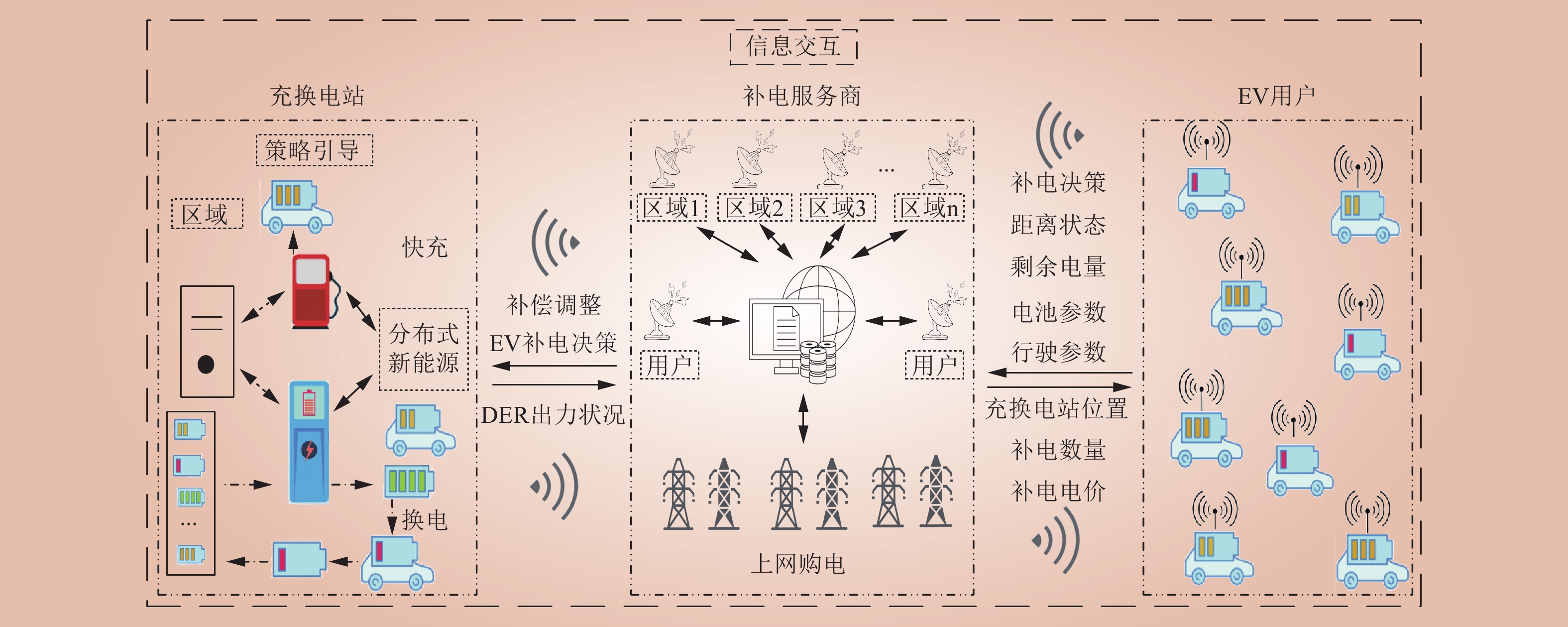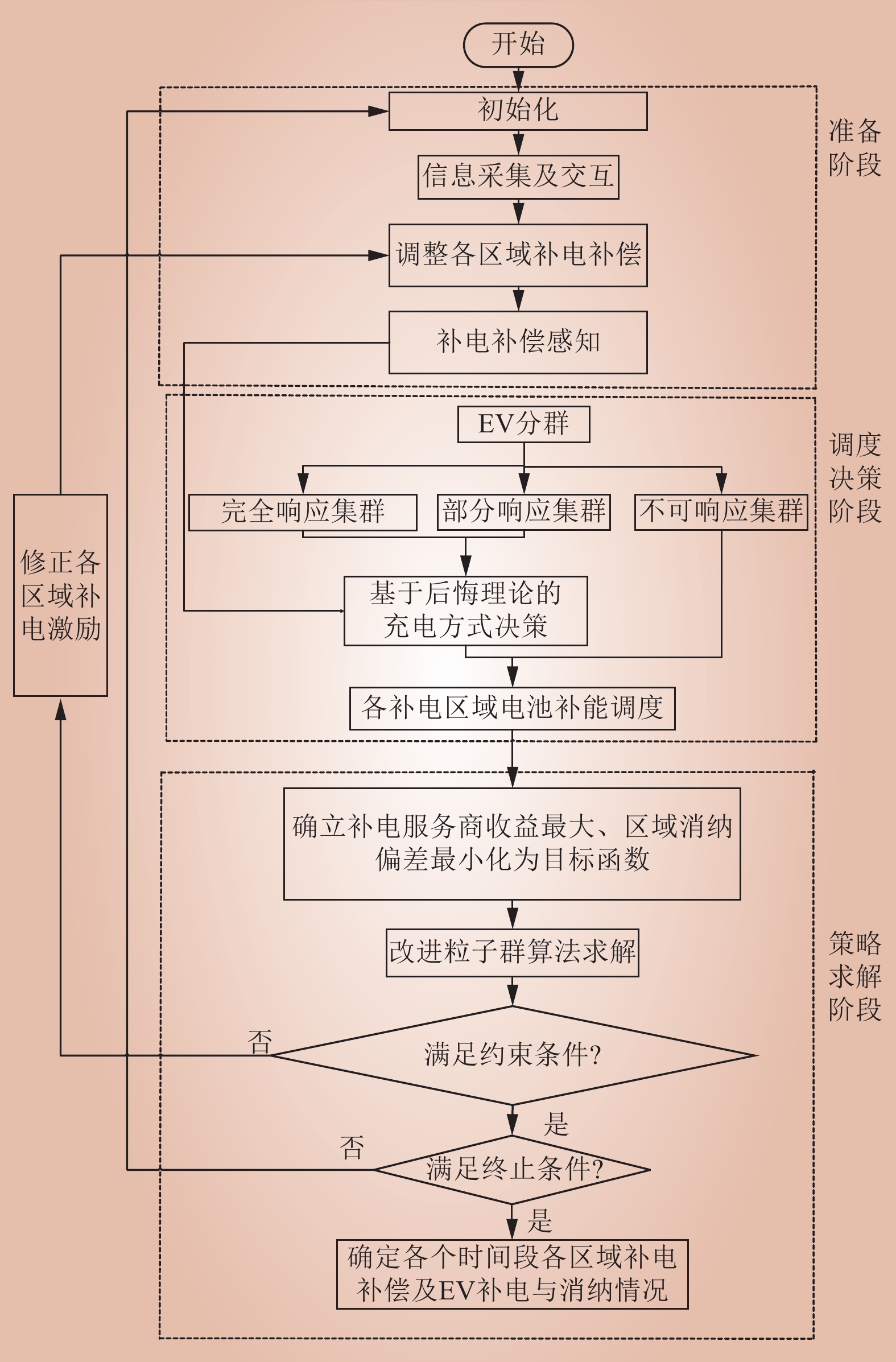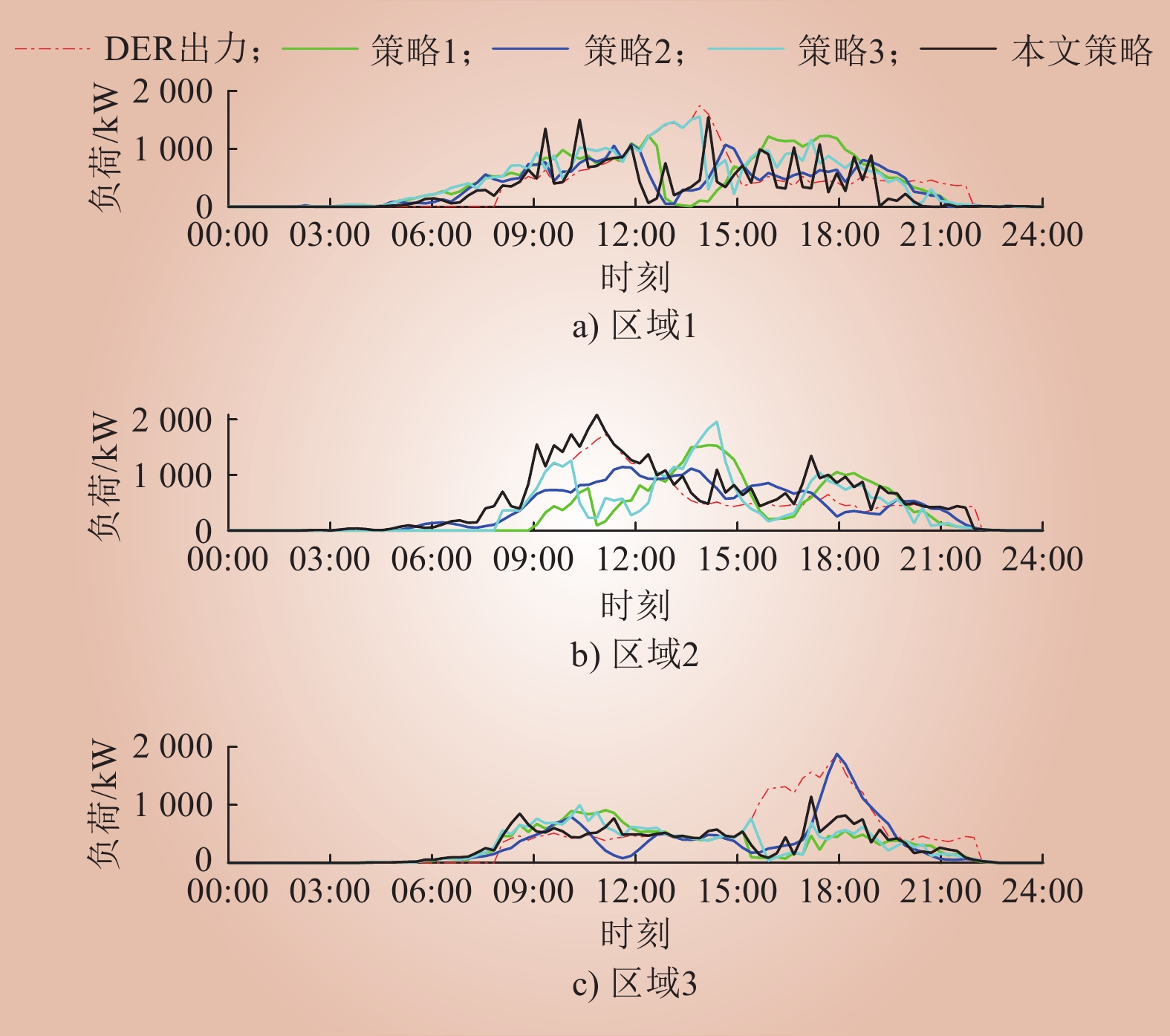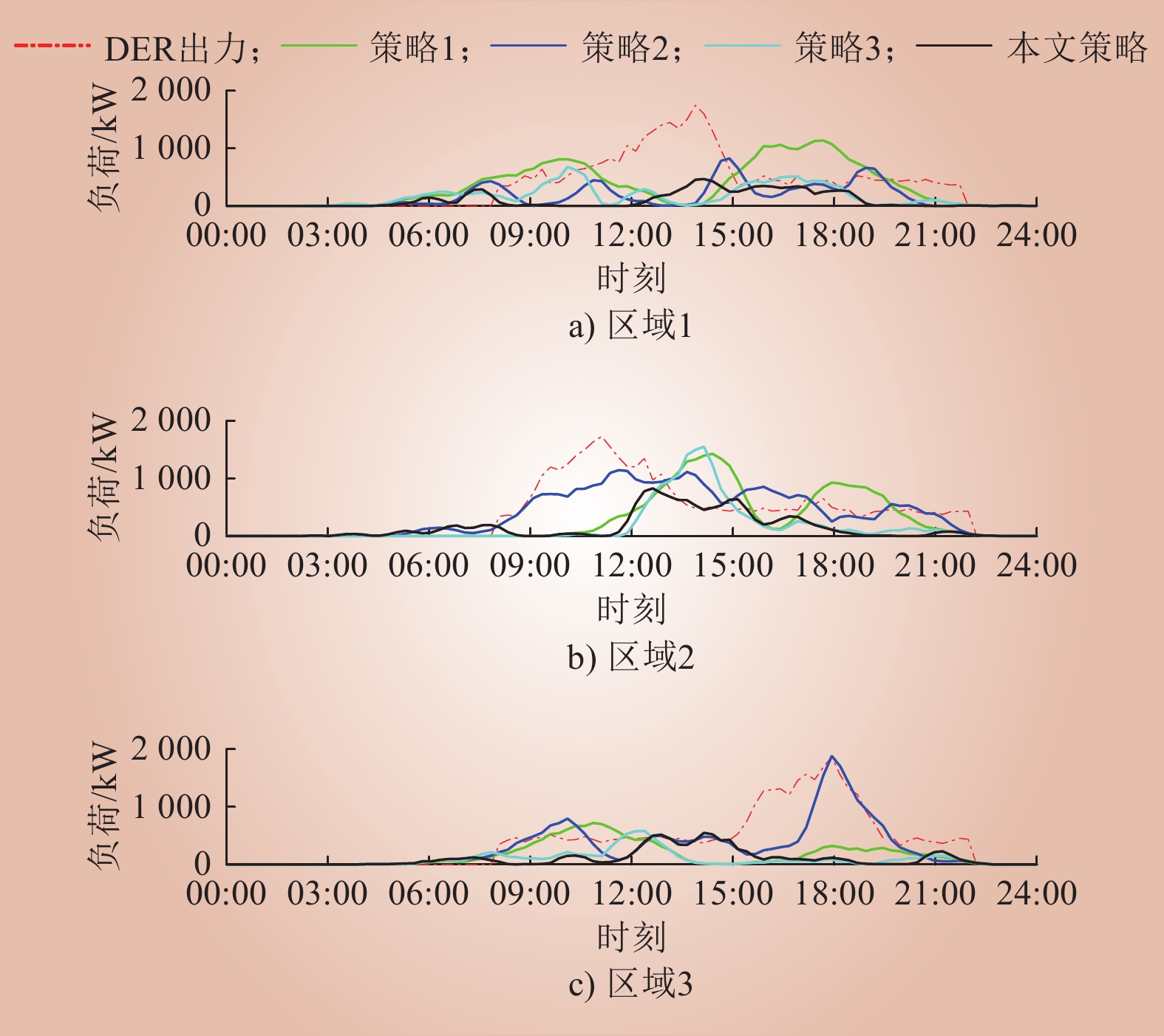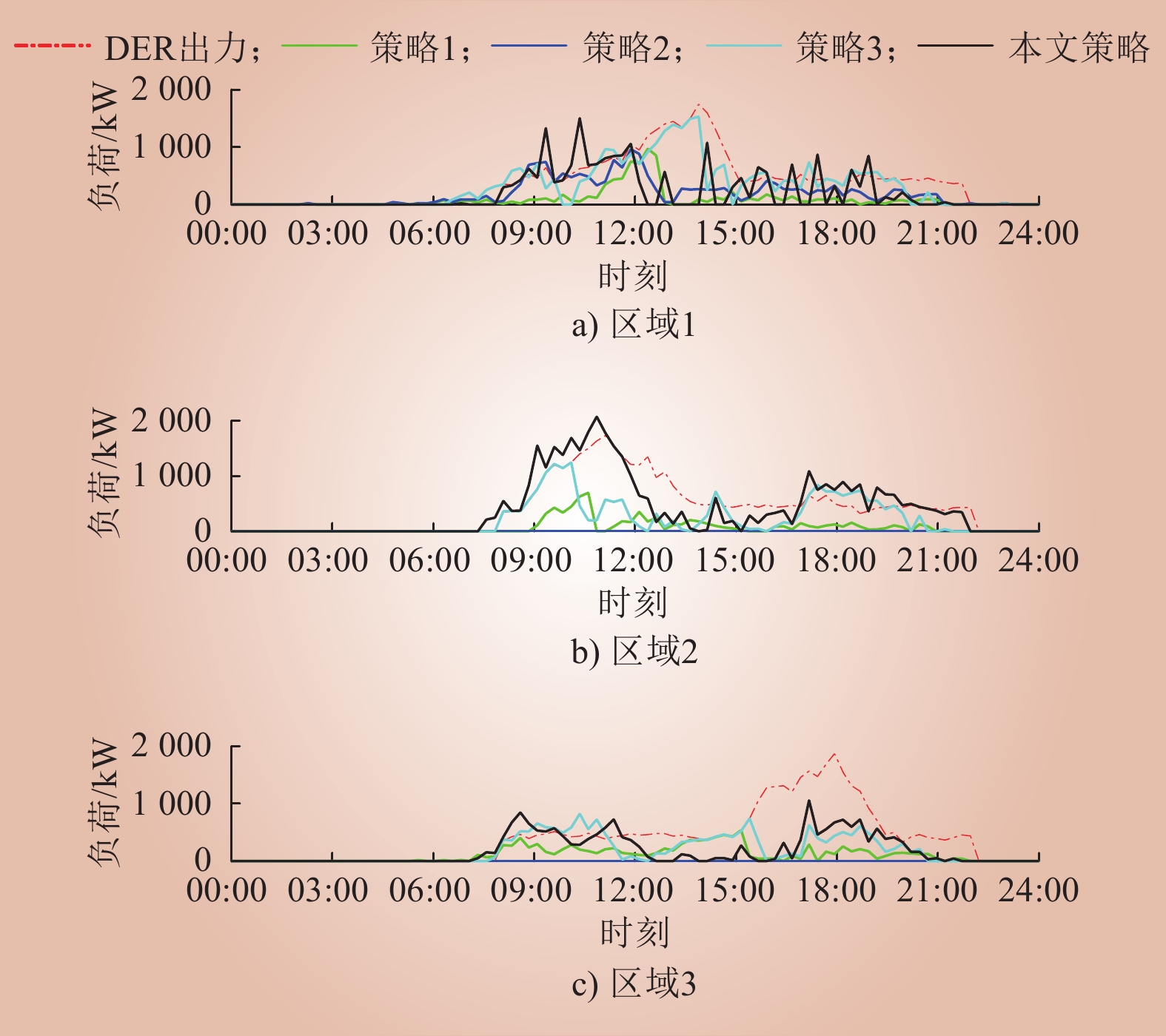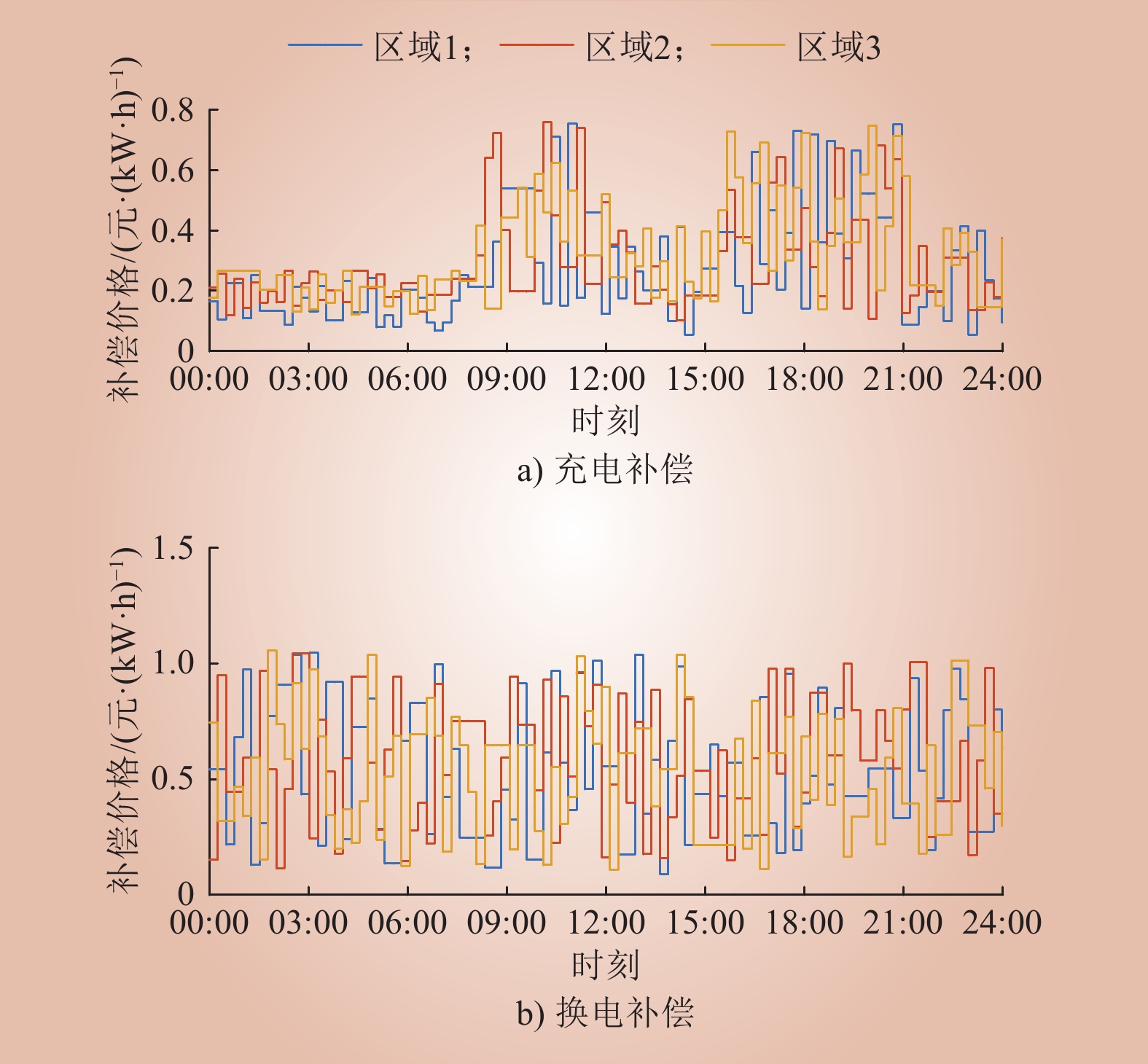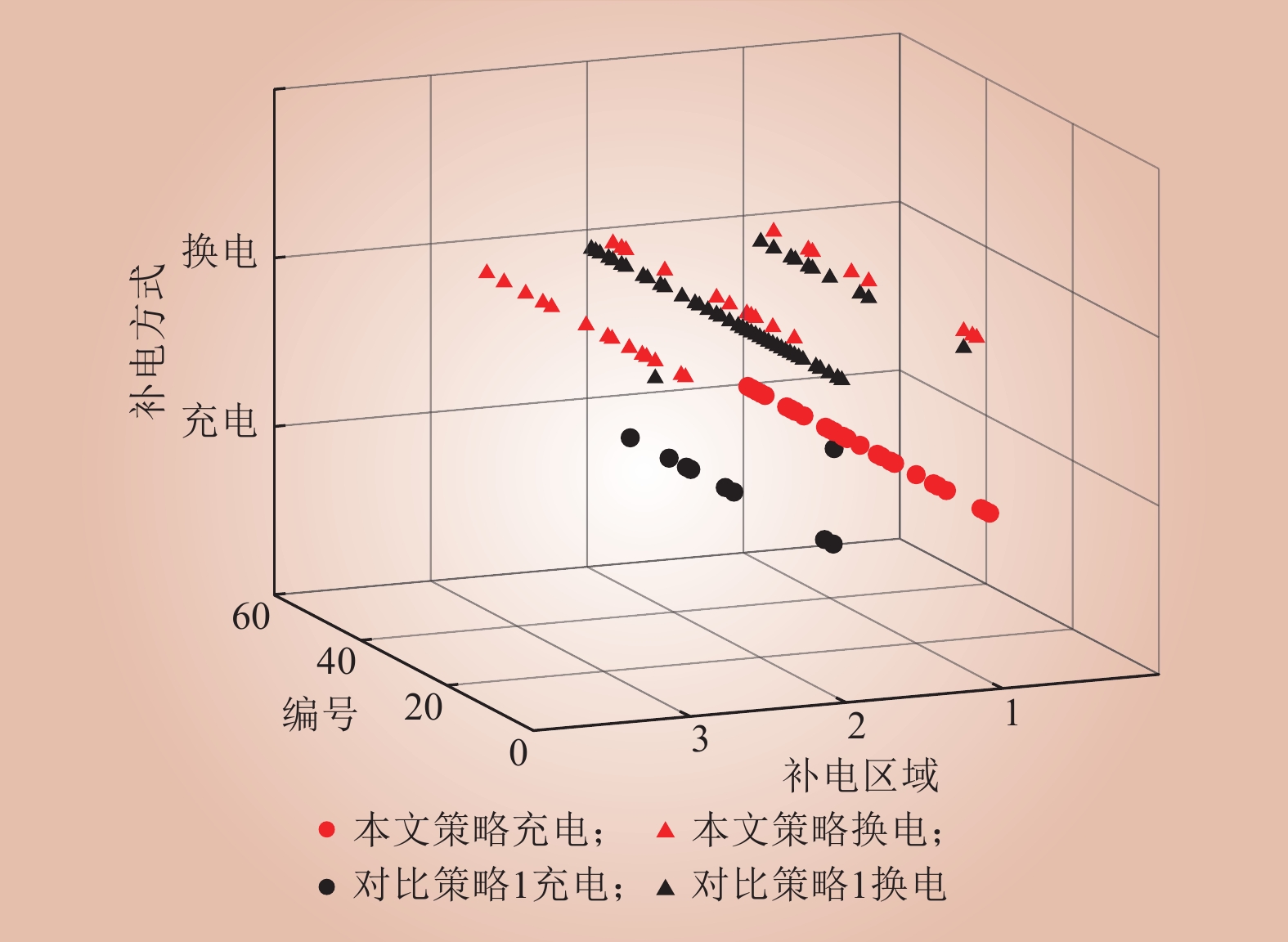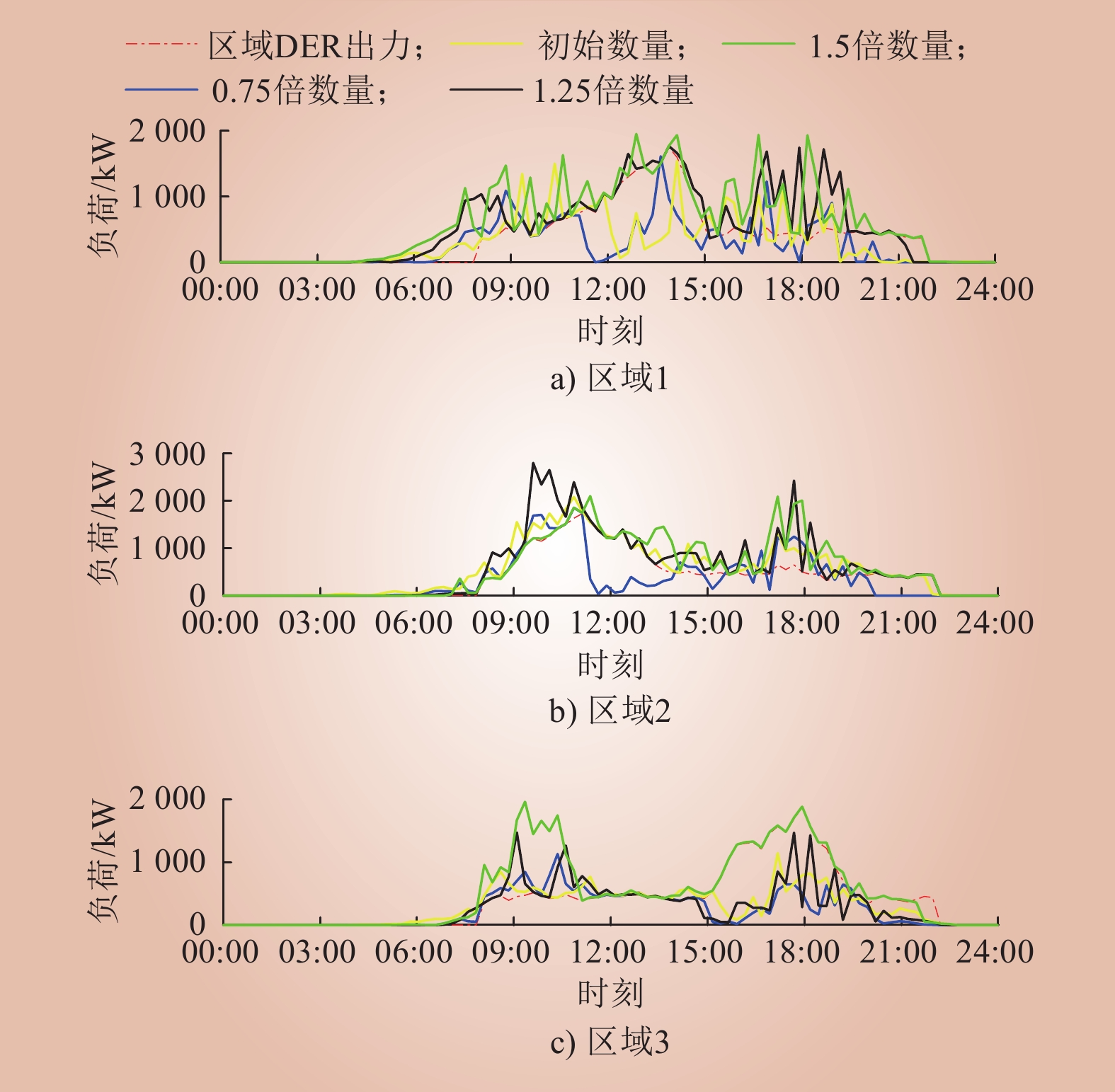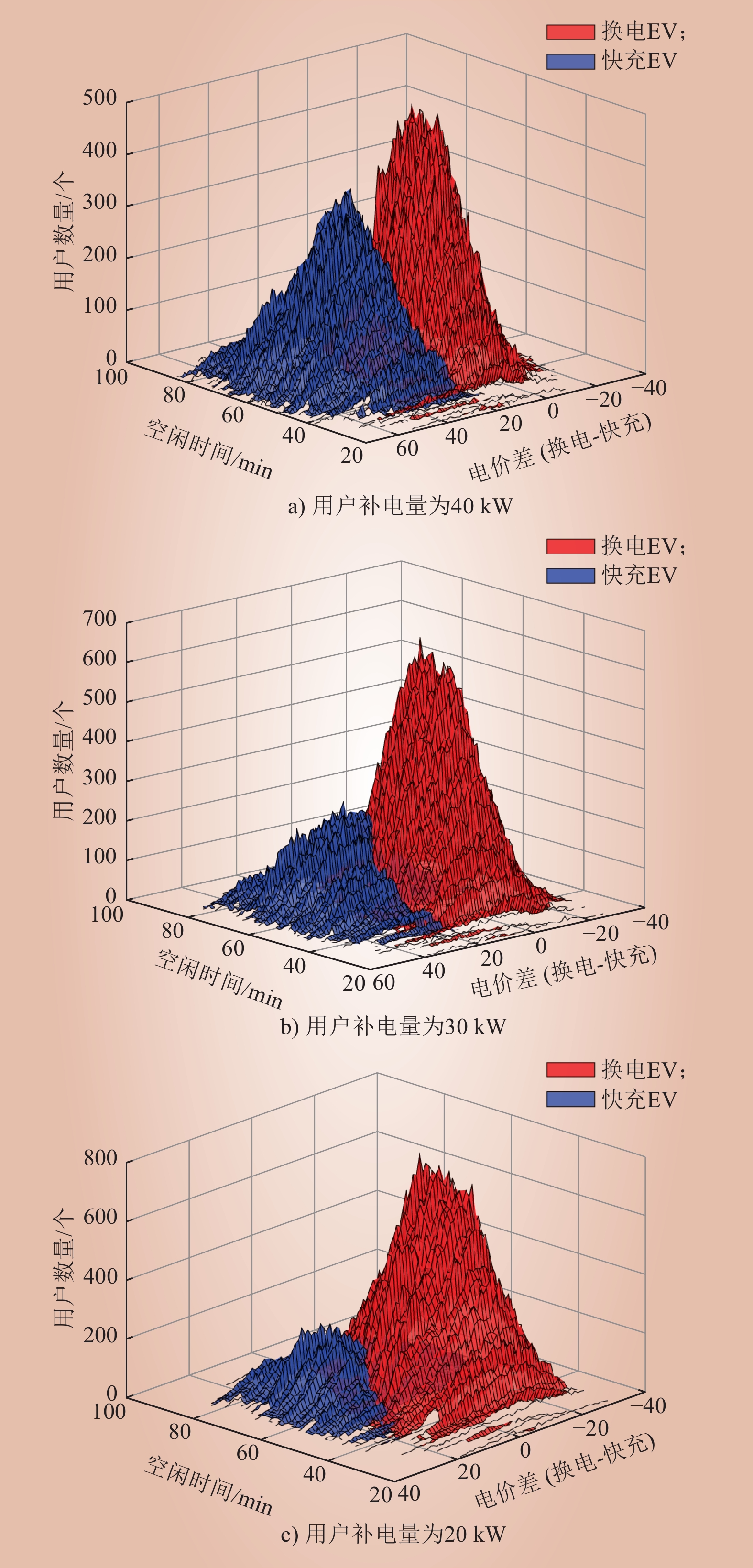| 1 |
黄学良, 刘永东, 沈斐, 等. 电动汽车与电网互动: 综述与展望[J]. 电力系统自动化, 2024, 48 (7): 3- 23.
DOI
|
|
HUANG Xueliang, LIU Yongdong, SHEN Fei, et al. Vehicle to grid: review and prospect[J]. Automation of Electric Power Systems, 2024, 48 (7): 3- 23.
DOI
|
| 2 |
李捷, 杨冰. 电动汽车换电站参与电力市场辅助服务的经济效益研究[J]. 中国电力, 2020, 53 (12): 258- 262, 269.
|
|
LI Jie, YANG Bing. Study on economic benefits of electric vehicle battery swapping station participating in power market auxiliary service[J]. Electric Power, 2020, 53 (12): 258- 262, 269.
|
| 3 |
朱继忠, 何晨可, 刘云, 等. 面向电动汽车高渗透率综合能源系统的换电模式综述与展望[J]. 南方电网技术, 2023, 17 (10): 133- 151.
|
|
ZHU Jizhong, HE Chenke, LIU Yun, et al. Review and prospect of swapping pattern for integrated energy system with high penetration of electric vehicles[J]. Southern Power System Technology, 2023, 17 (10): 133- 151.
|
| 4 |
韩继明, 孔令宇, 王皓, 等. 电动汽车充换电设施规划综述[J]. 电力系统及其自动化学报, 2016, 28 (S1): 63- 67.
|
|
HAN Jiming, KONG Lingyu, WANG Hao, et al. Review on the planning of charging facilities for electric vehicles[J]. Proceedings of the CSU-EPSA, 2016, 28 (S1): 63- 67.
|
| 5 |
吴翠玉, 张美霞, 陈海燕, 等. 国内外电动汽车扶持政策比较与分析[J]. 上海电力学院学报, 2016, 32 (2): 188- 192,209.
|
|
WU Cuiyu, ZHANG Meixia, CHEN Haiyan, et al. Comparative analysis of supportive policies for electric vehicles at home and abroad[J]. Journal of Shanghai University of Electric Power, 2016, 32 (2): 188- 192,209.
|
| 6 |
ZHAO X, PENG B H, ZHENG C Y, et al. Closed-loop supply chain pricing strategy for electric vehicle batteries recycling in China[J]. Environment, Development and Sustainability, 2022, 24 (6): 7725- 7752.
DOI
|
| 7 |
苏娟, 李拓, 刘峻玮, 等. 综合能源系统下虚拟储能建模方法与应用场景研究综述及展望[J]. 中国电力, 2024, 57 (6): 53- 68.
|
|
SU Juan, LI Tuo, LIU Junwei, et al. Review and prospect of modeling method and application scenarios of virtual energy storage under integrated energy system[J]. Electric Power, 2024, 57 (6): 53- 68.
|
| 8 |
刘文军, 董伟杰, 陈远扬, 等. 新能源高渗透配电网柔性多状态开关的多目标优化控制策略[J]. 中国电力, 2025, 58 (1): 85- 92.
|
|
LIU Wenjun, DONG Weijie, CHEN Yuanyang, et al. Multi-objective Optimization Control Strategy for Soft Open Point inDistribution Network with High Penetration of DG[J]. Electric Power, 2025, 58 (1): 85- 92.
|
| 9 |
梁振锋, 祁芙蓉, 王国阳, 等. 电动汽车有序充电优化策略综述[J]. 新型电力系统, 2023, (3): 256- 271.
|
|
LIANG Zhenfeng, QI Furong, WANG Guoyang, et al. Review of optimization strategies for orderly charging of electric vehicles[J]. New Type Power Systems, 2023, (3): 256- 271.
|
| 10 |
裴振坤, 王学梅, 康龙云. 电动汽车参与电网辅助服务的控制策略综述[J]. 电力系统自动化, 2023, 47 (18): 17- 32.
DOI
|
|
PEI Zhenkun, WANG Xuemei, KANG Longyun. Review on control strategies for electric vehicles participating in ancillary services of power grid[J]. Automation of Electric Power Systems, 2023, 47 (18): 17- 32.
DOI
|
| 11 |
侯慧, 唐俊一, 王逸凡, 等. 价格与激励联合需求响应下电动汽车长时间尺度充放电调度[J]. 电力系统自动化, 2022, 46 (15): 46- 55.
|
|
HOU Hui, TANG Junyi, WANG Yifan, et al. Long-time-scale charging and discharging scheduling of electric vehicles under joint price and incentive demand response[J]. Automation of Electric Power Systems, 2022, 46 (15): 46- 55.
|
| 12 |
任峰, 向月. 辅助负荷削峰的电动出租车V2G协同策略与效益分析[J]. 电力自动化设备, 2022, 42 (2): 63- 69.
|
|
REN Feng, XIANG Yue. V2G coordinated strategy and benefit analysis of electric taxis to assist peak load shifting[J]. Electric Power Automation Equipment, 2022, 42 (2): 63- 69.
|
| 13 |
崔杨, 李翼成, 付小标, 等. 基于换电服务定价策略及动态调控方法的含充换电站微电网系统双层优化调度[J]. 电网技术, 2023, 47 (5): 1998- 2011.
|
|
CUI Yang, LI Yicheng, FU Xiaobiao, et al. Double-layer optimal scheduling of micro-grid system with charging and swapping stations based on battery swap service pricing strategy and dynamic regulation[J]. Power System Technology, 2023, 47 (5): 1998- 2011.
|
| 14 |
赵楠, 王俊, 黄桦, 等. 计及氢电混合动力车响应的多区域综合能源系统协调优化调度[J]. 电力自动化设备, 2023, 43 (12): 257- 264.
|
|
ZHAO Nan, WANG Jun, HUANG Hua, et al. Coordinated optimal scheduling of multi-region integrated energy system with hydrogen-electric hybrid vehicle response[J]. Electric Power Automation Equipment, 2023, 43 (12): 257- 264.
|
| 15 |
傅质馨, 朱韦翰, 朱俊澎, 等. 动态路-电耦合网络下电动出租车快速充电引导及其定价策略[J]. 电力自动化设备, 2022, 42 (4): 9- 17.
|
|
FU Zhixin, ZHU Weihan, ZHU Junpeng, et al. Fast charging guidance and pricing strategy for electric taxis based on dynamic traffic-grid coupling network[J]. Electric Power Automation Equipment, 2022, 42 (4): 9- 17.
|
| 16 |
孙毅, 葛明洋, 王献春, 等. 考虑补偿激励的电动汽车多区域优化调度策略[J]. 上海交通大学学报, 2024, 58 (5): 636- 646.
|
|
SUN Yi, GE Mingyang, WANG Xianchun, et al. Multi-region optimal scheduling strategy for electric vehicles considering compensation incentives[J]. Journal of Shanghai Jiao Tong University, 2024, 58 (5): 636- 646.
|
| 17 |
ALHARBI W, HUMAYD A S B, PRAVEEN R P, et al. Optimal scheduling of battery-swapping station loads for capacity enhancement of a distribution system[J]. Energies, 2023, 16 (1): 186.
|
| 18 |
赵显秋, 徐青山, 杨永标, 等. 考虑不确定性的新型电池充换电站多时间尺度能量管理策略[J/OL]. 电网技术, 1–12[2024-12-25]. https://doi.org/10.13335/j.1000-3673. pst. 2023.0057.
|
|
ZHAO Xianqiu, XU Qingshan, YANG Yongbiao, et al. Multi-time scale energy management strategy of novel battery charging and swapping station considering uncertainties[J/OL]. Power System Technology. 1–12[2024-12-25]. https://doi.org/10.13335/j.1000-3673. pst. 2023.0057.
|
| 19 |
刘永江, 郭杉, 贾俊青, 等. 多种充电模式协同的规模化电动汽车分层充电方法[J/OL]. 上海交通大学学报, 1–25[2024-12-25]. https://doi.org/10.16183/j. cnki.jsjtu.2023.564.
|
|
LIU Yongjiang, GUO Shan, JIA Junqing, et al. Electric vehicles hierarchical charging method considering multiple modes coordination[J/OL]. Journal of Shanghai Jiao Tong University: 1–25[2024-12-25]. https://doi.org/10.16183/j. cnki.jsjtu.2023.564.
|
| 20 |
刘洪, 阎峻, 葛少云, 等. 考虑多车交互影响的电动汽车与快充站动态响应[J]. 中国电机工程学报, 2020, 40 (20): 6455- 6468.
|
|
LIU Hong, YAN Jun, GE Shaoyun, et al. Dynamic response of electric vehicle and fast charging stations considering multi-vehicle interaction[J]. Proceedings of the CSEE, 2020, 40 (20): 6455- 6468.
|
| 21 |
BRISSAUD C, REUMONT G, SMAHA J P, et al. Structural and morphological study of damage in lead/acid batteries during cycling and floating tests[J]. Journal of Power Sources, 1997, 64 (1/2): 117- 122.
|
| 22 |
U. S. Department of Transportation, FeDERal Highway Administration. 2017 National Household Travel Survey[DB/OL]. URL: http: //nhts. ornl. gov.
|



